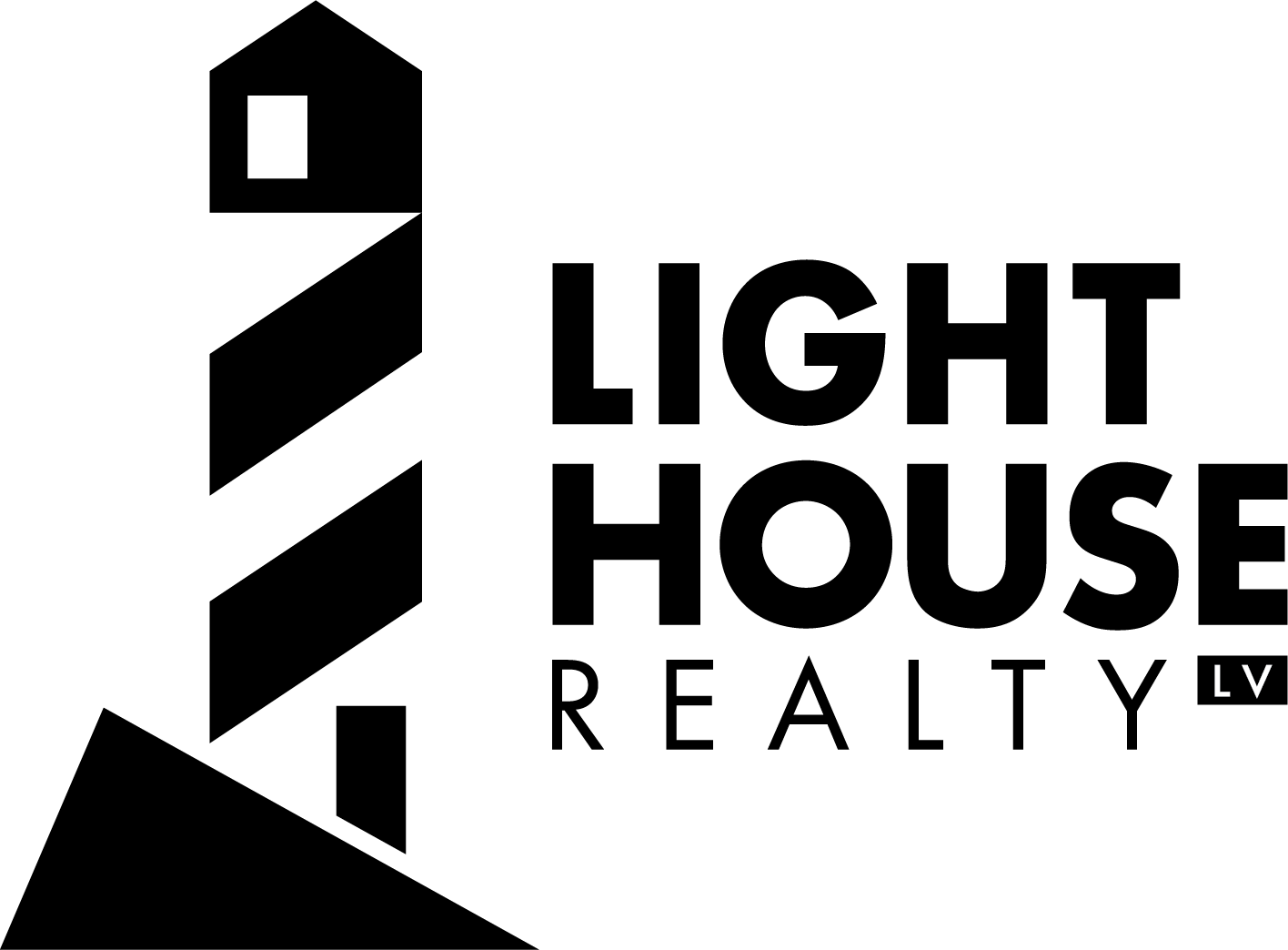20 Different Real Estate Investment Strategies
There are a TON of different strategies for Real Estate Investment. In this article, we’ll give a very brief description of the 20 most well-known strategies, and we’ll do a deeper dive into individual strategies in future articles. This brief introduction to Investment strategy should feel like dipping your toes into a very, very large ocean of possibilities.
- House hacking: buying a multi-family property and living in one part while renting out the rest
- Wholesaling: finding discounted properties and selling them to other investors for a profit
- Land: buying developed or undeveloped land to build on yourself or rent to a developer
- BRRR: buy, rehab, rent, refinance, repeat
- Flips: buying a distressed property, fixing it, and then selling it quickly
- REO: purchasing properties foreclosed on by lenders and now owned by banks
- STR: using a property as a Short Term Rental, charging occupants higher nightly rates for shorter stays
- Hard money lending: providing investors with loans at a higher interest rate and for a short turn around
- Buy & hold: purchasing property and holding onto it for a long period to benefit from steady rental income and capital appreciation
- Rental debt snowballing: own multiple properties that are financed (preferably with low interest rates), pool your monthly income to focus on paying off the loan with the lowest balance first
- Rentals: buying a house to rent out to a tenant for a predetermined period, most often 6 months- 1 year
- Crowdfunding: funding a project or venture by raising money from a large number of people, typically via the internet
- REITs: investing in a Real Estate Investment Trust so that you own part of every investment-grade property that the REIT owns
- Syndications: pooling your money with that from other investors to buy real estate or to create loans
- Wholetail: purchasing a property at a discount, make minimal improvements, and then sell it on the market at a higher price
- All-cash rentals: saving up money to purchase a rental property with cash so there’s not mortgage
- Opportunistic: investing in properties that require significant rehabilitation or repositioning efforts (highest risk & highest potential reward)
- Seller financing: buying a property where the seller of the property acts as your lender instead of a bank, making payments directly to them
- Tax Lien Investing: When an owner fails to pay property taxes, the govt places a tax lien on the property. In most states, the lien certificates are auctioned off to investors. When you pay the delinquent property taxes & the lien certificate, you then take ownership via foreclosure.
- Discounted Note Investing: purchase a note, or real estate debt, at a discount. You make a profit after you collect the full amount owed.
There is definitely some overlap in these various strategies, but all hold their own distinct place in the Real Estate world and can benefit you financially. If you need some extra help or guidance pursuing one or any of these strategies, click on the button below to reach out. We’d love to help.

